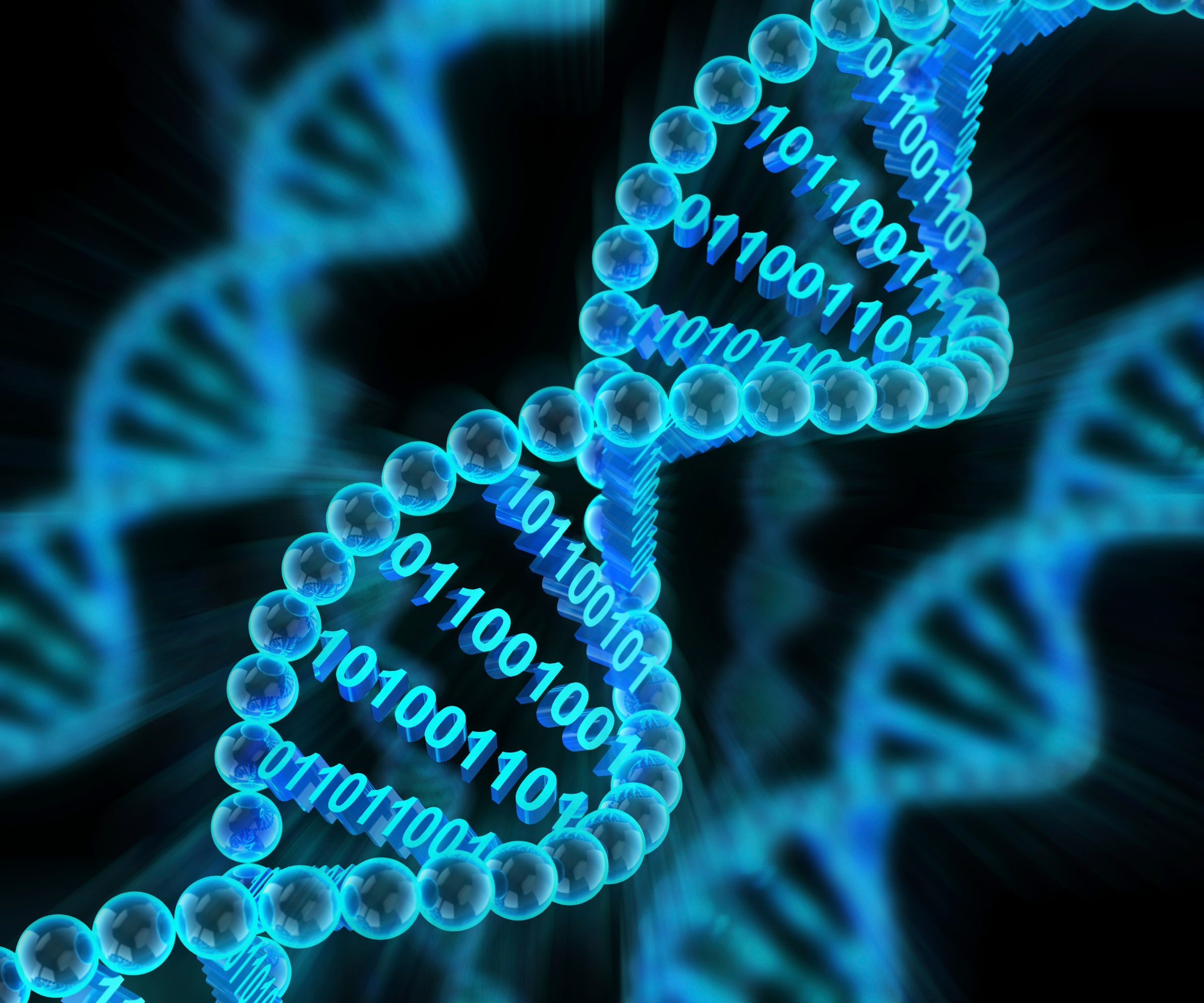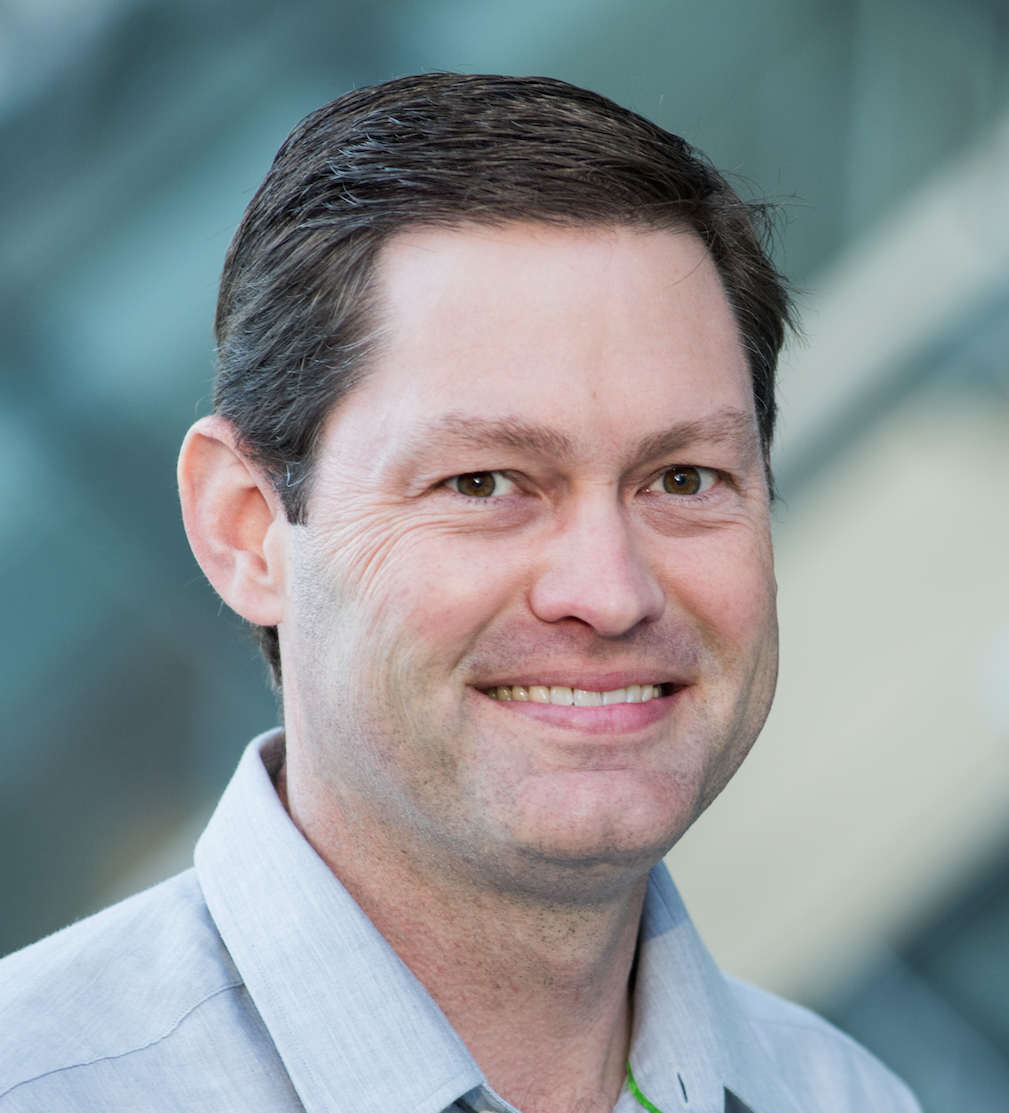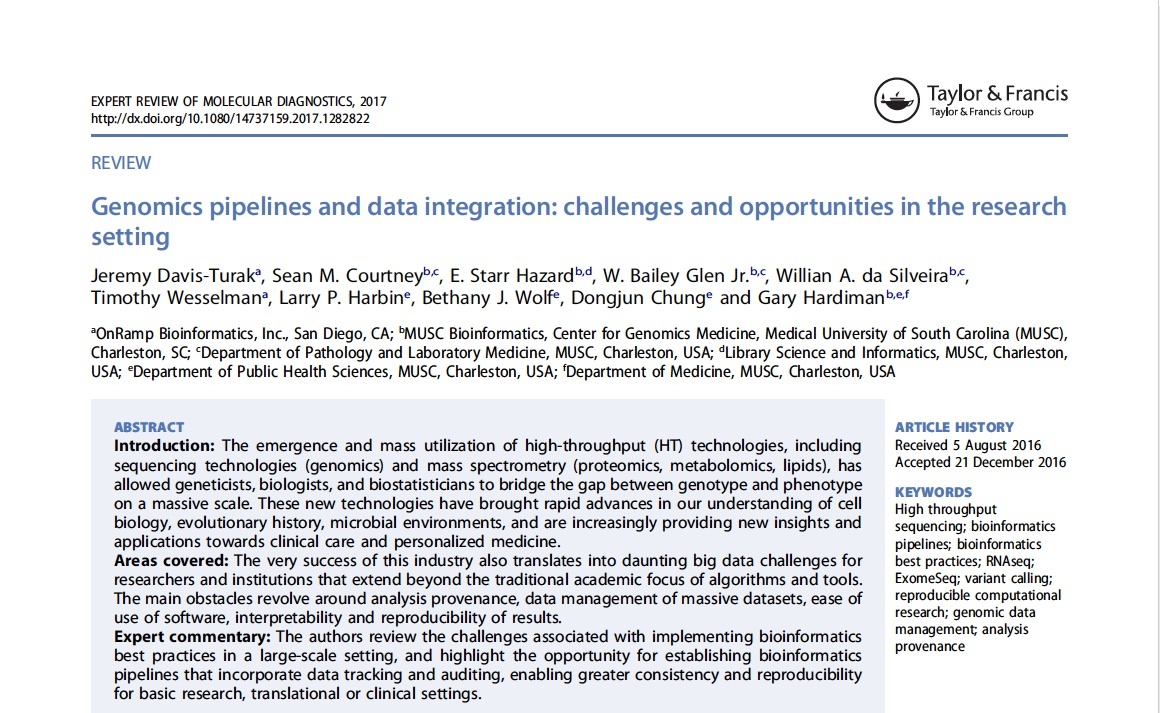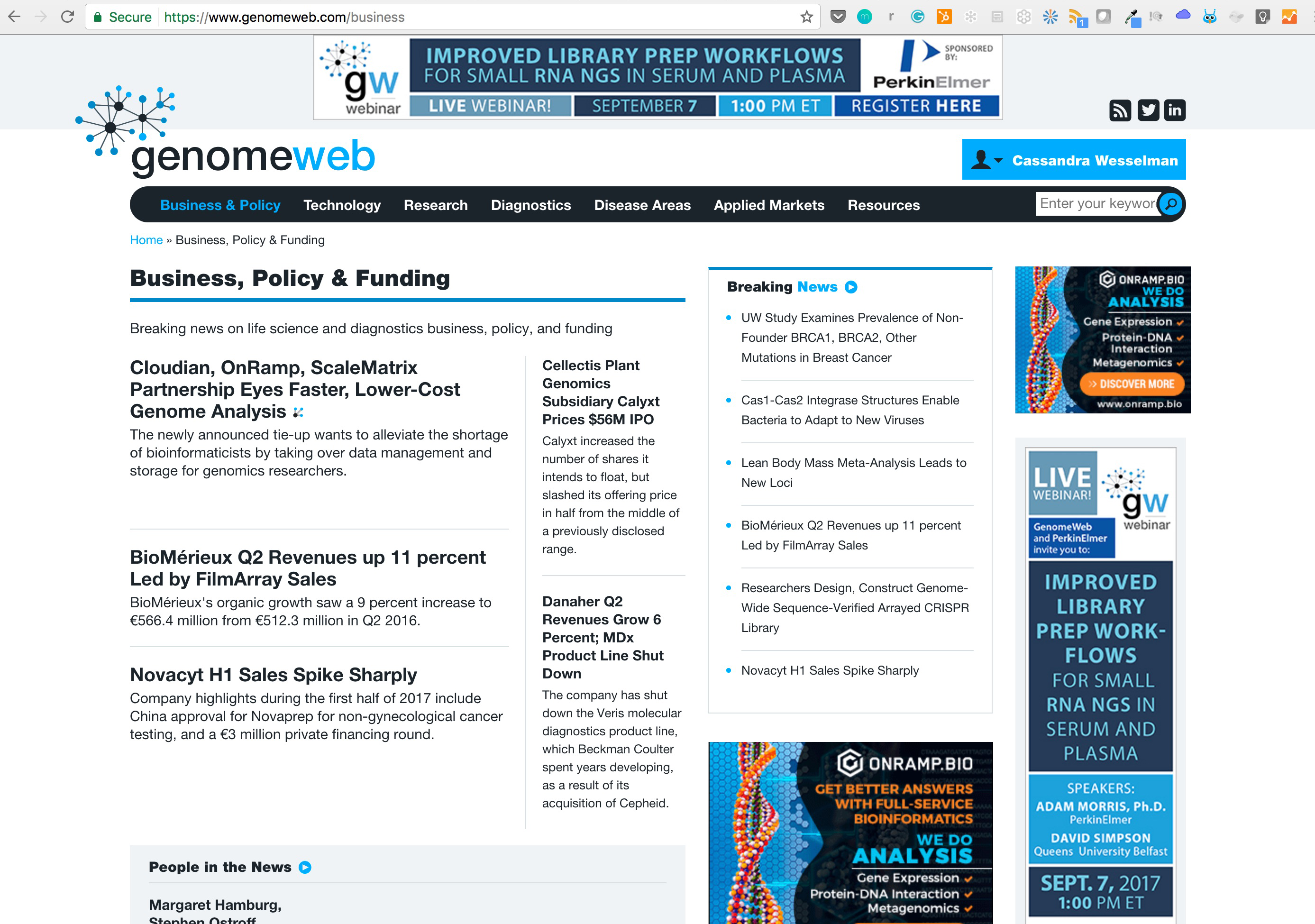Good News Bad News for Personalized Medicine.
I’m reminded daily of the many advancements towards personalized medicine, but one elephant remains firmly planted in the room.
Recently I came across an encouraging article that touched on the increasingly collaborative nature of the efforts to bring about this new age of personalized medicine. Data-sharing is reported to be on the rise in oncology, with groups like the Genomic Data Commons assembling harmonized genomic and clinical datasets, and making that information widely accessible to cancer researchers.
Innovation is also being harnessed through crowdsourcing competitions. A recent competition, to develop the most effective algorithm for identification of a particularly aggressive form of multiple myeloma, received nearly 700 submissions. Efforts are now underway to fuse the top submissions into one super algorithm, in an impressive display of collaboration aimed at advancing quality of care.
All this follows other breakthroughs, including last year’s historic FDA approval of the first liquid biopsy test for lung cancer. This type of test promises to deliver more effective, and less invasive, individualized care for patients based on their own unique genetic mutations.
The bad news? Personalized medicine is the ultimate Big Data challenge, and institutions are already struggling to keep up. According to an article in Nature, by 2025 as much as 40 exabytes of human genomic data will have been generated (20x greater than the projected storage needs of the entirety of YouTube). Even more daunting than the storage requirements is the complexity of the computing needed to run complex bioinformatic analyses.
Analyzing genomic data remains incredibly cryptic, with the requisite command-line wizardry often known only to the small pool of bioinformatician PhDs.
Taking the complexity out of bioinformatics, and putting this power into the hands of MDs and biologists, will be critical to delivering on the promise of personalized medicine.
I’m optimistic that overcoming the big data challenges and democratizing bioinformatics are achievable goals, and will not ultimately stand in the way of the promise of personalized medicine.
But plenty of work lies ahead of us to turn that promise into reality.












